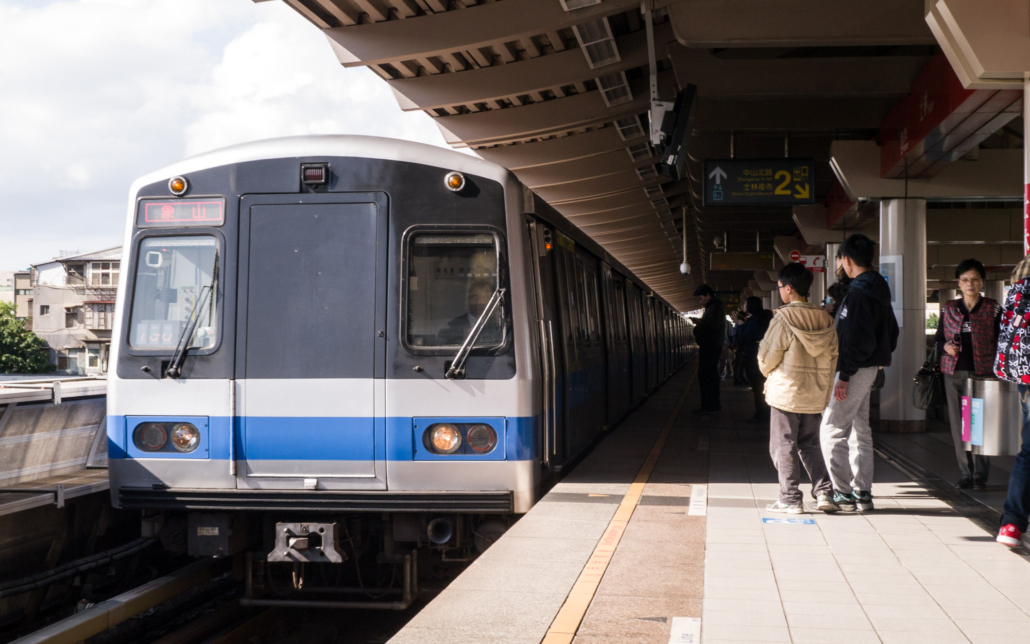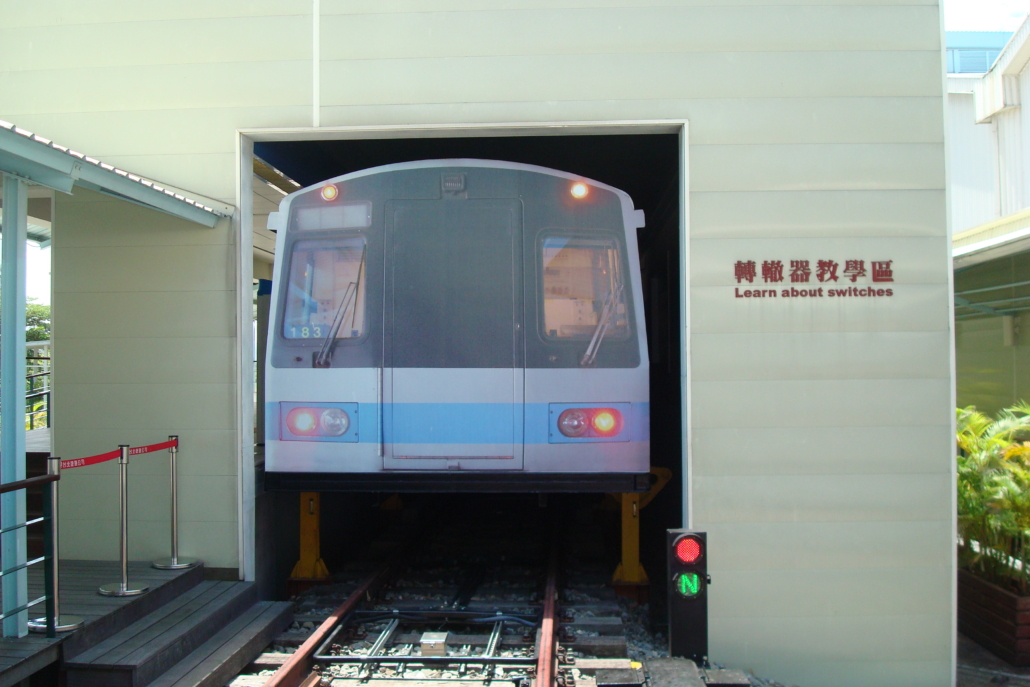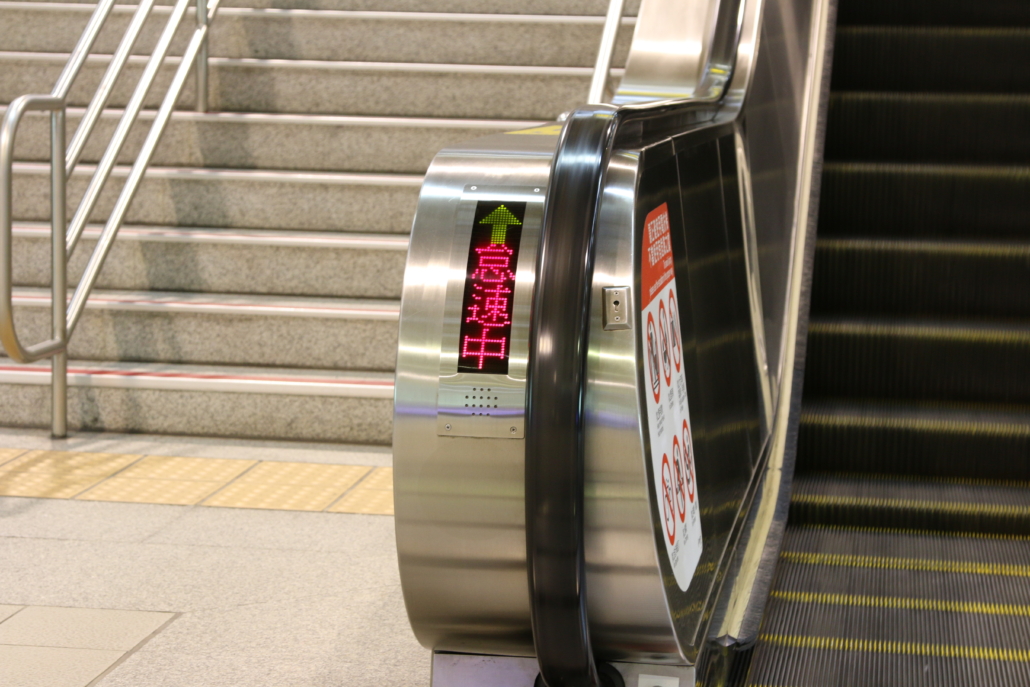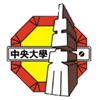Graduate study in transportation prepares students forprofessional,teaching, and research careers.
Emphasis is on the acquisition of advanced knowledge concernig planning, design, operations, maintenance, rehabilitation, performance, and evaluation of transportation systems, including their economic and public policy aspects. This multimodal program, encompassing air, land and sea transprotation systems, stresses development of analytic problem-solving, design, and management skills appropriate for public and private sector professional work. Working closely with faculty advisors, graduate students design individualized programs to suit their goals. After running for four years, the transportation division now has 8 Ph.D, 11 first-year and 12 second-year master students in the well-organized program. A Ph.D student normally requires four years to finish 18 hour course credits and a high-quality dissertation before graduation. The annual quota of admission is set as 12 for the master program and less than 3 for the Ph.D program.
Research is currently being conducted in the following subjects: dynamic urban transportation network models, fuzzy multicriteria decicion making, modeling air transportation operations and management; traffic simulation, parking guidance systems, transportation industries and polices, various computer-assisted applications and intelligent vehicle/highway systems. Some of the results of the research have been issued and published in the literature and attracted considerable attention in the transportation community.
In order to consolidate their pedagogical and research activities, a traffic control laboratory is established in the July of 1993. Many and yet more traffic control devices and instruments are added and installed in the laboratory, It is expected that program will get more announced and produce broader impact on the national-wide transportation community.
Courses
Transportation planning and Networks
Multicriteria Decision Making Analysis
Urban Transportation Models
Mathematical Programming
Computer Algorithms in Transportation
Air Transportation
Traffic Signals and Management
Traffic Flow Theory
Transportation Economics
Transportation Policy
Qualitative Methods
Systems Simulation
Public Transportation System
Seminar in Transprtation
Traffic Control Laboratory
Traffic Control Laboratory helps students to understand theories of traffic sinal and management. Furthermore, researches such as traffic investigation, analysis, simulation and design can be conducted. The major hardware and software used in the laboratory are traffic signal simulation systems, highway geometric design systems, personal computers, recorders and advanced video-camera,etc.




